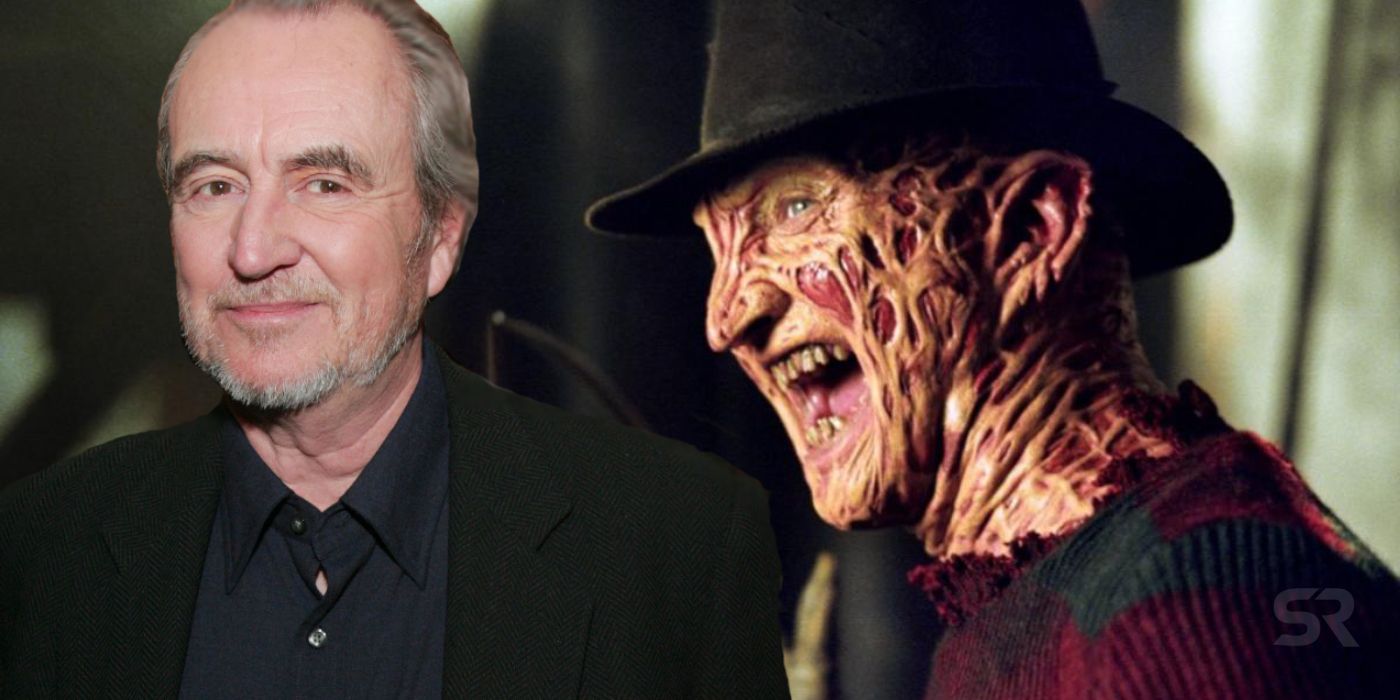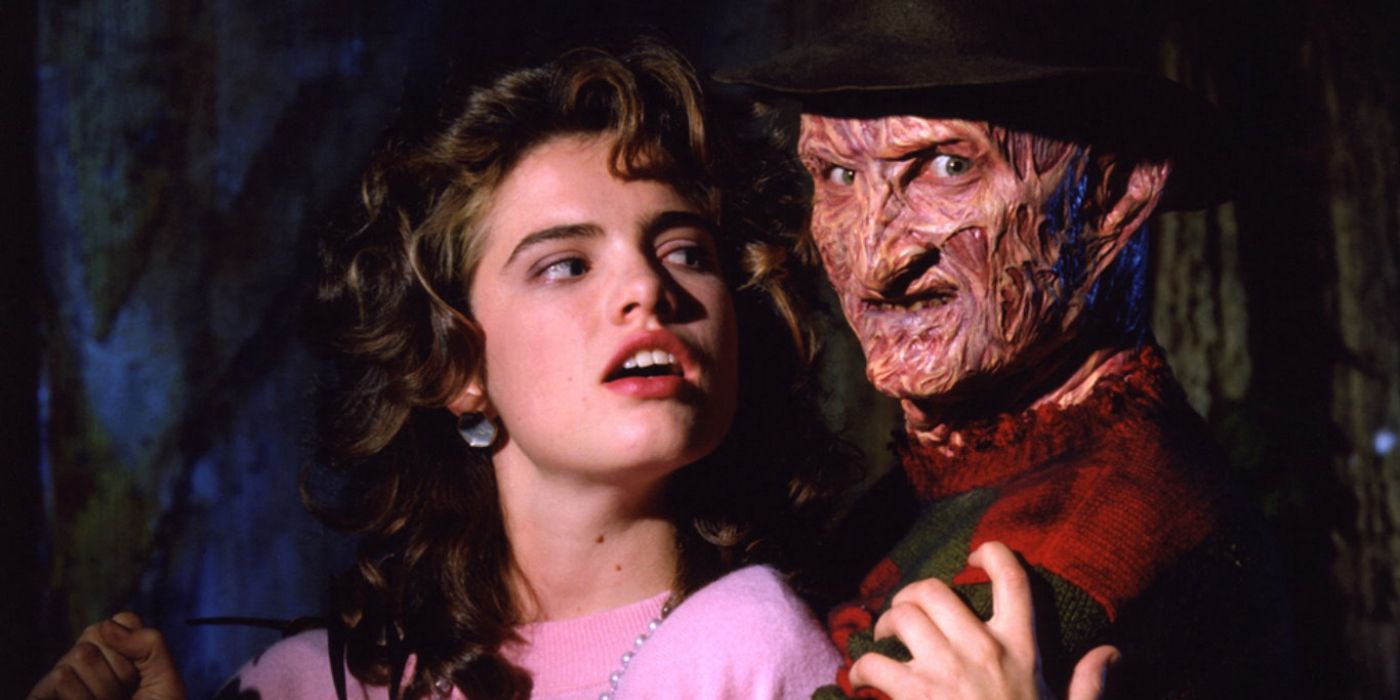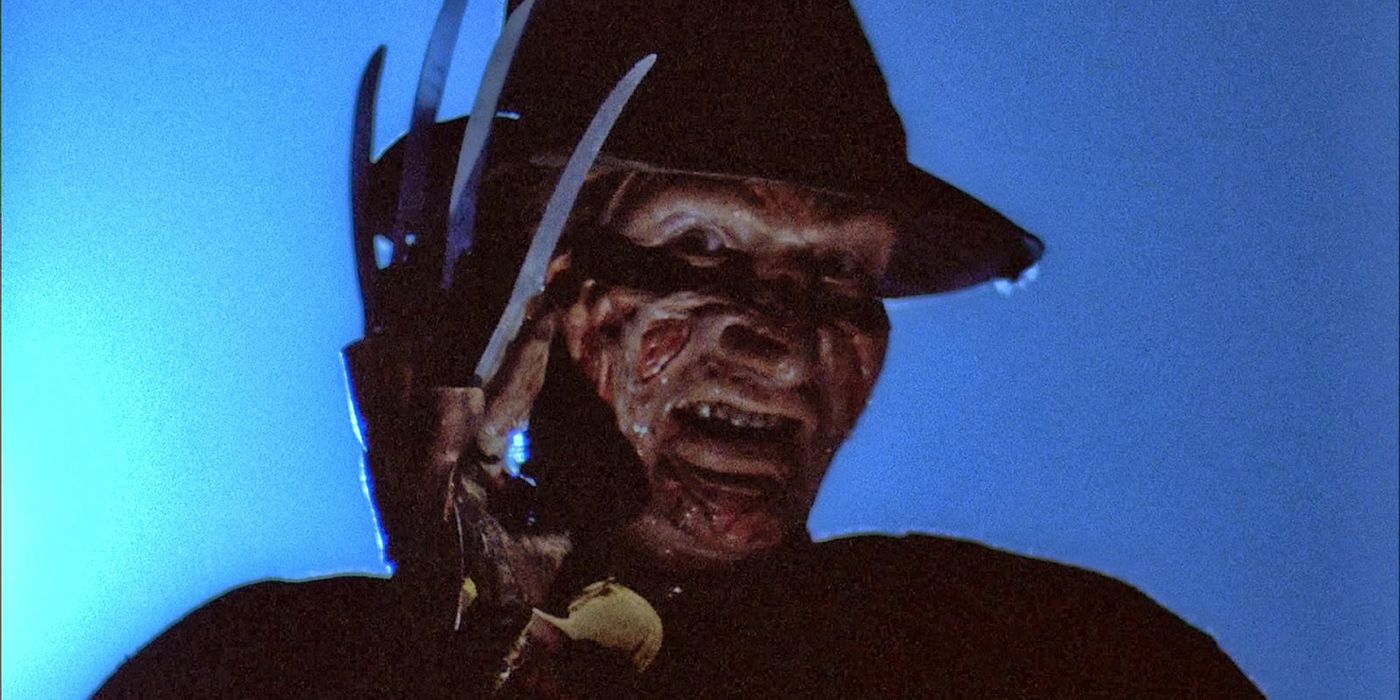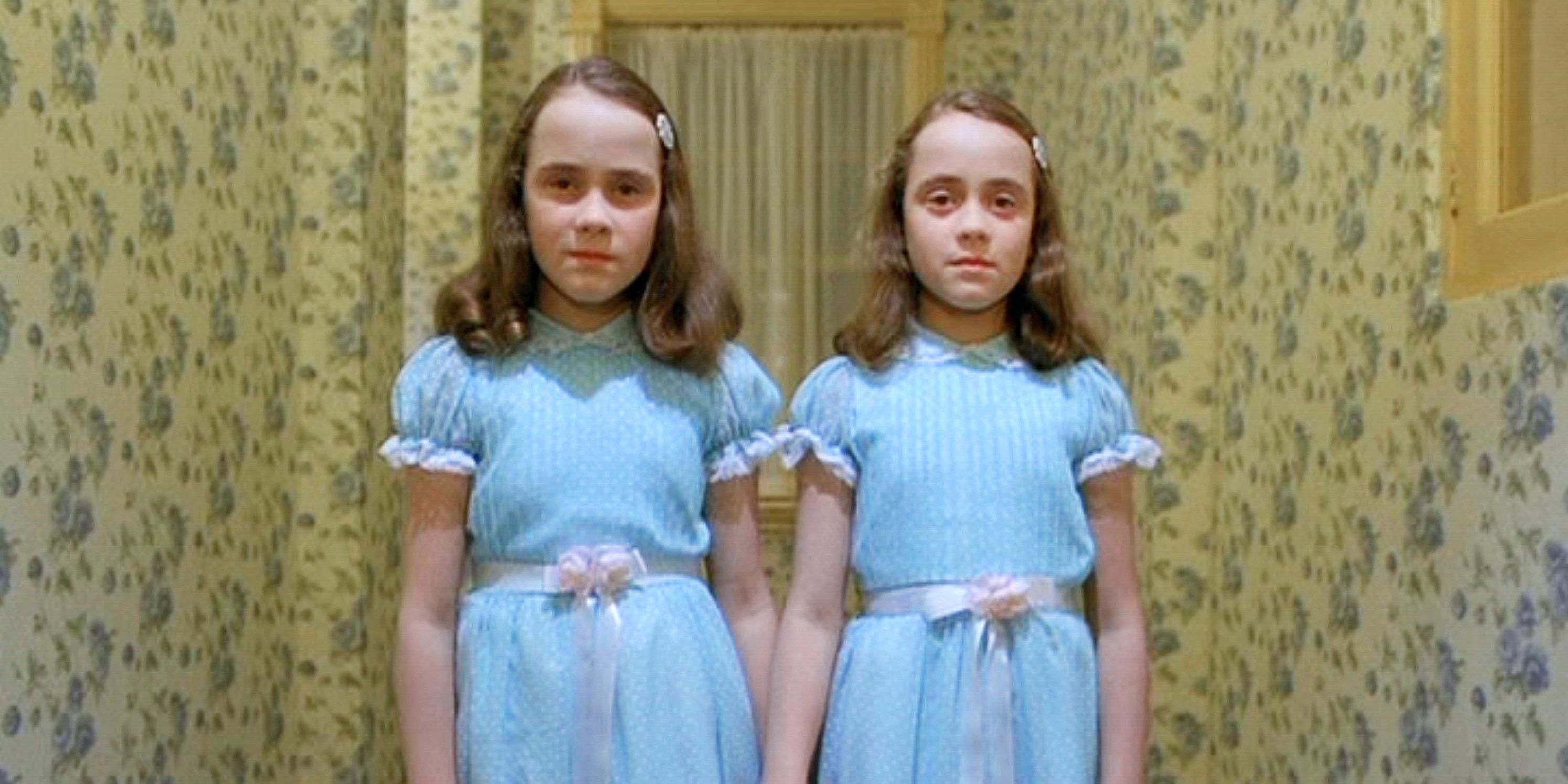Last Updated: December 14, 2019
Was Wes Craven inspired by a true story when he created A Nightmare on Elm Street and the terrifying serial killer, Freddy Krueger? A Nightmare on Elm Street was released in 1984 and has since produced seven sequels, a remake of the original film, and a TV series. Due to the franchise's popularity, rumors of a reboot have been swirling in recent years, and things now finally seem to be moving in that direction.
Since Freddy Krueger's introduction, the Springwood Slasher has justified his spot among other horror icons, such as Michael Myers and Jason Voorhees. Freddy, however, was unique in that he was a spirit that killed his victims in their dreams. The product of 100 criminally insane men raping a nun, in life Freddy became a child murderer, then was burned alive by an angry mob Freddy was known for his gloved hand equipped with knives, his red and green striped sweater, and of course, his dirty brown fedora. After he was killed, Freddy's burned and disfigured spirit lived on, as he continued to prey on teenagers by entering their dreams and killing them in their nightmares.
After directing grindhouse classics The Last House on the Left and The Hills Have Eyes, Craven's career stalled a bit. The horror master then got an interesting burst of inspiration from a newspaper article about people dying in their dreams, and combined that with some of his own experience from childhood. This led Craven to officially develop the script for A Nightmare on Elm Street in 1981.
A News Article Inspired Wes Craven's A Nightmare on Elm Street
As part of A Nightmare on Elm Street oral history (via Vulture), Craven recounted the story that influenced the creation of Freddy Krueger. He recalled a Los Angeles Times article from the 1970s about a family that escaped the Killing Fields in Cambodia. After fleeing to the United States, the young son had disturbing nightmares in which something was chasing him. The terror caused him to be afraid to go to sleep, so he would try to stay awake for days. The boy eventually fell asleep, but his parents heard him screaming in the middle of the night, and he was dead by the time they got to him. That boy died in the middle of a terrifying nightmare, leading to the main theme of A Nightmare on Elm Street, and its dream-stalking villain Freddy Krueger. There were other reported cases of men in similar situations who took refuge in the U.S. and later died in their sleep. The phenomena later became known as the Asian Death Syndrome, but that wouldn't be Craven's only inspiration for A Nightmare on Elm Street.
The writer and director also drew on some of his own personal experiences, especially for Freddy's strange demeanor. As a kid, Craven was once inside his home when a creepy old man walked along the path beside his window. The man stopped and glanced at Craven, scaring him, before wandering off. Craven kept that in mind when developing the movie's villain, wondering what psychological factors would compel this man to stop what he was doing just to strike fear into a child.
Wes Craven's Childhood Bully Inspired Freddy Krueger's Name
Freddy Krueger's name was directly influenced by Craven's childhood bully, Fred Kruger. The bully also influenced the name of Last House of the Left's villain, Krug. Freddy's overall look came from Craven's desire for the character to be different than any previous horror figure. Rather than use a mask, Craven wanted Freddy to be terrifying in another way, so he chose to give him scarred skin. His choices proved to be worth it because Craven developed one of the most memorable killers in horror history.
Interestingly, one real-life parallel to the Freddy Krueger character has only gotten more potent in the decades since Craven created A Nightmare on Elm Street. Awareness of "stranger danger" and the worry that pedophiles and other sexual predators might be lurking in what appear to be safe neighborhoods was just beginning to rise in the 1980s, and has increased since thanks to the internet allowing instant access to information concerning any registered sex offenders in a given area. While he's supernatural, Freddy Krueger is in someways a representation of the real fear every parent has of their child's life being ended or ruined by an all too human monster. The legacy behind A Nightmare on Elm Street continues to grow even more now that Craven is no longer among the living. Hopefully it isn't too long before Freddy returns to terrify a new generation.
Other True Stories Behind Famous Horror Films
- The Shining: The True Story & Real-Life Hotel Behind The Movie
- The True Story That Inspired Texas Chainsaw Massacre
- Annabelle True Story & What The Conjuring Movies Changed
- Psycho: The True Story That Inspired Norman Bates
- Halloween: The True Story That Inspired Michael Myers
- Scream: The True Story That Inspired The 1996 Slasher




